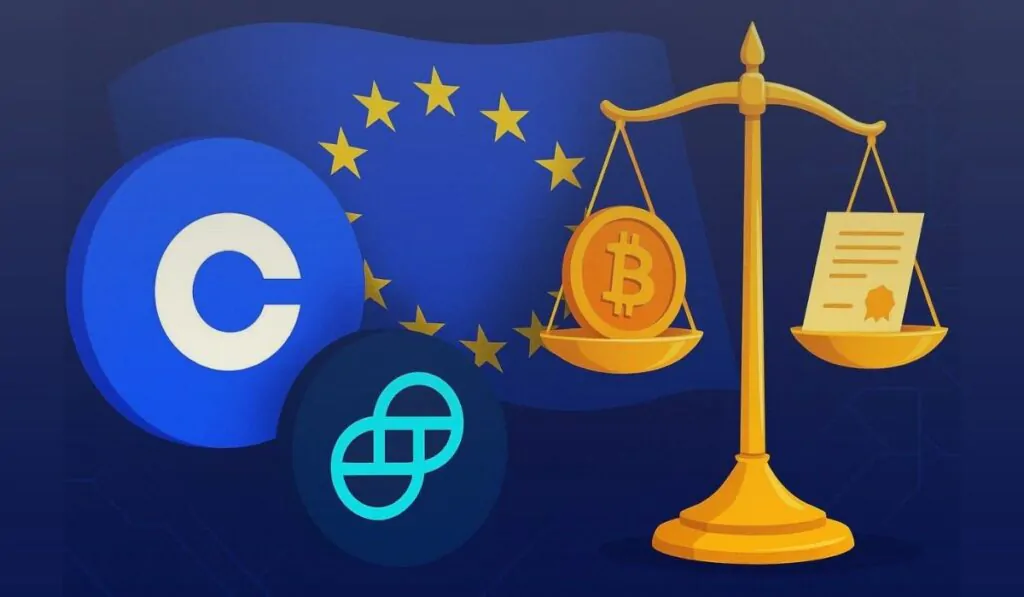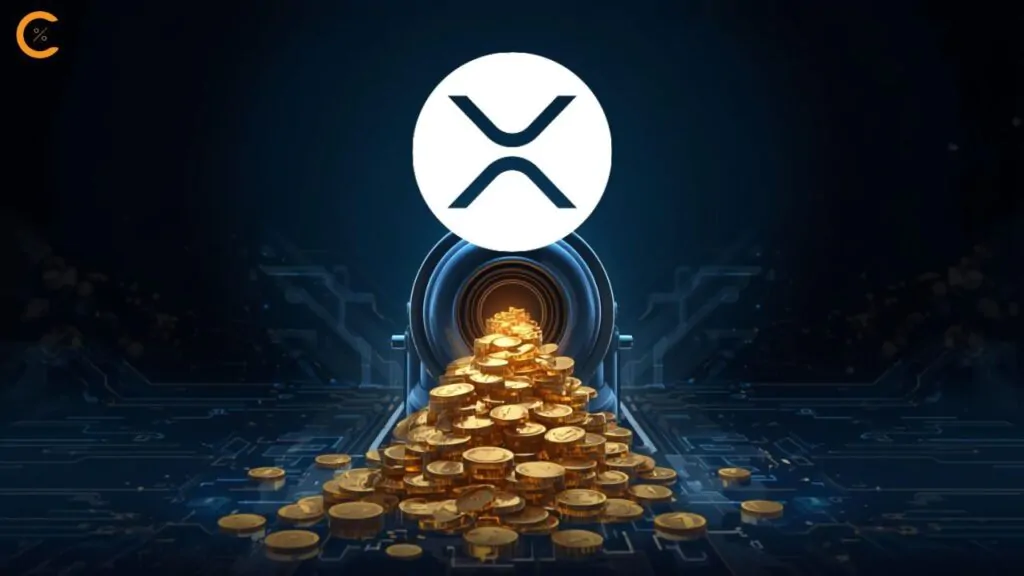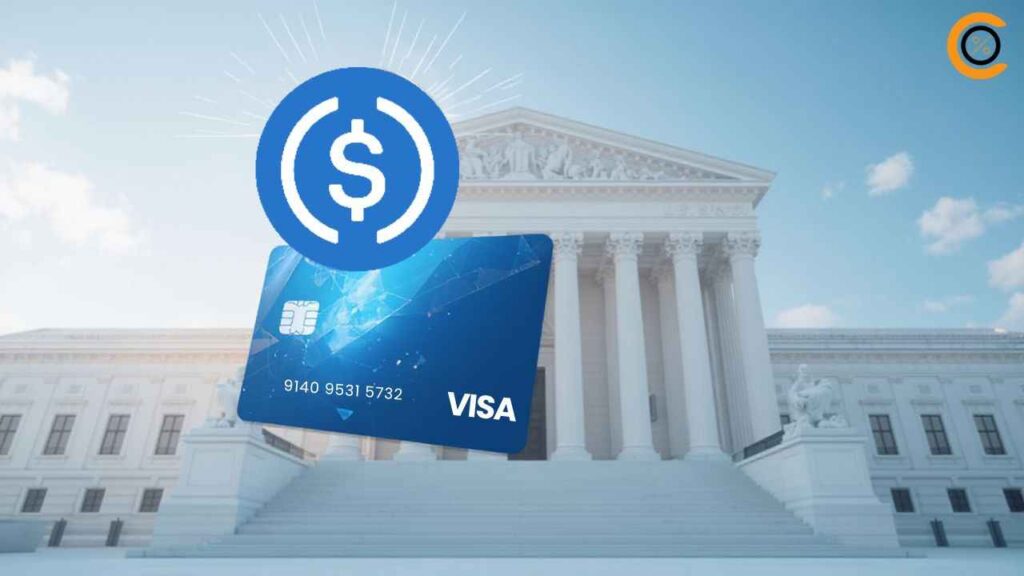- Coinbase and Gemini are reportedly close to securing EU crypto licenses under the MiCA framework, with Coinbase applying through Luxembourg and Gemini through Malta.
- MiCA enables crypto firms to operate across all EU member states with a single license, but national regulators differ in how quickly and strictly they apply the rules.
- Their entry into the EU market could increase competition and service options for European users, as more global exchanges aim to align with MiCA compliance standards.
Coinbase and Gemini, two of the most prominent U.S.-based cryptocurrency exchanges, are reportedly in the final stages of securing EU Crypto licenses to operate across the European Union. The move comes as both companies seek to grow their footprint under the EU’s Markets in Crypto-Assets (MiCA) regulation, which aims to harmonize digital asset oversight across all 27 member states.
MiCA Regulation Offers Unified Framework
The MiCA framework, which began implementation in June 2024 and reached full effect in December, was designed to bring consistency to the regulation of crypto asset service providers (CASPs) throughout the EU. By requiring licenses for exchanges, wallet providers, and stablecoin issuers, MiCA is intended to offer clear rules for operations, investor protection, and market integrity.
A key benefit of MiCA is the ability to “passport” a license obtained in one member state to operate in all others. This allows crypto firms to bypass the need for separate national approvals, streamlining their entry into the European market.
Gemini Moves Through Malta, Coinbase Via Luxembourg
According to a Reuters report, Gemini is on track to receive its EU license through Malta, while Coinbase is expected to secure approval in Luxembourg. These jurisdictions have emerged as strategic entry points, each offering distinct advantages under the MiCA framework.
Malta, though the smallest EU member, has previously issued licenses to exchanges such as OKX and Crypto.com. Its relatively swift approval process has attracted attention, and some concern, from other national regulators within the European Securities and Markets Authority (ESMA). France has publicly cautioned that too lenient an approach could lead to what it described as a “regulatory race to the bottom”.
Coinbase, meanwhile, has reportedly had an application under review in Luxembourg for several months. While the company declined to comment on its current licensing status, a spokesperson highlighted Luxembourg’s reputation as a “well-respected global financial center”. Coinbase currently employs around 200 people in Europe and expects to add 20 more in Luxembourg by the end of the year.
Regulatory Differences Spark Debate
Despite MiCA’s goal of regulatory uniformity, recent reports indicate that not all EU member states are moving at the same pace. During closed-door discussions, some regulators raised concerns about how quickly licenses are being granted in certain countries. While MiCA sets the overall framework, national regulators still hold significant discretion in how they apply it.
This has led to ongoing discussions within ESMA over the need for tighter coordination to prevent uneven enforcement. A lack of consistency, some argue, could compromise the broader goal of creating a safe and competitive digital asset market in Europe.
Growing Competition Among Global Exchanges
The entry of Coinbase and Gemini under the MiCA regime follows similar moves by other major exchanges. Bybit, for instance, recently received authorization to operate in Austria, while Binance updated its procedures in Poland to comply with the new rules. These developments reflect growing interest in the EU market, which, with its unified licensing, offers access to more than 400 million consumers.
Both Coinbase and Gemini appear to be pursuing a long-term presence in the region. For crypto users in Europe, this may translate into broader access to trading platforms, enhanced security features, and potentially more competitive pricing structures.
Looking Ahead
The potential approval of the Coinbase EU license and Gemini EU license under the MiCA framework marks a measured but important milestone in the evolution of Europe’s crypto landscape. While questions remain about the pace and consistency of regulatory approvals, the overarching trend points toward a more structured and secure environment for digital asset services across the EU.
As major players like Coinbase and Gemini establish regulated operations in Europe, it signals growing institutional alignment with EU frameworks. For now, these developments remain pending, but their impact, if approved, would be felt across both the regulatory and commercial dimensions of the crypto industry in Europe.







